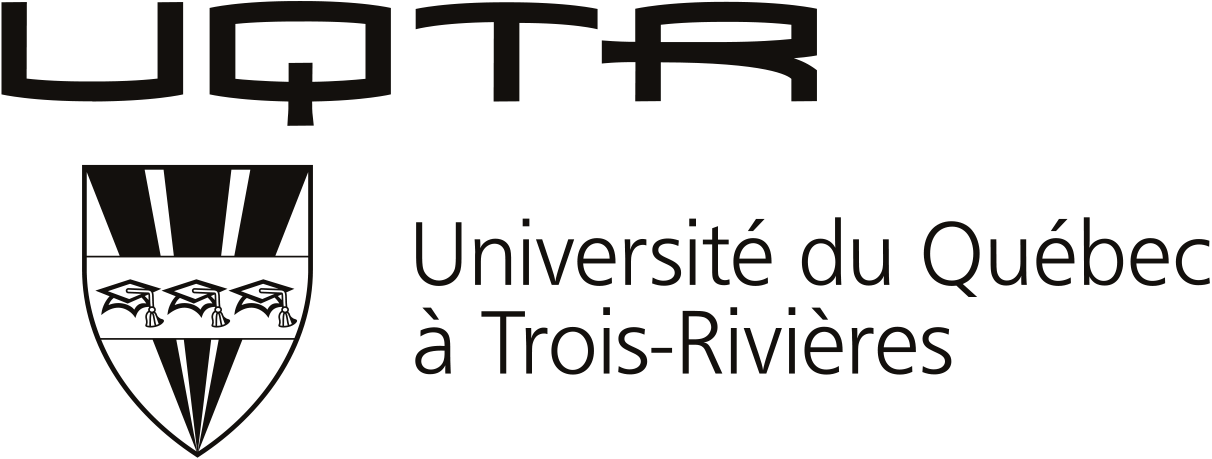Psychodrame de groupe et développement de la Théorie de l’Esprit chez les adolescents présentant une déficience intellectuelle
Knowledge and Training Needs of Primary School Teachers Concerning Autism Spectrum Disorder
Mots-clés :
Déficience intellectuelle, Adolescents, Théorie de l'esprit, Intellectual Disability, Teenagers, Theory of MindRésumé
Cette recherche s’intéresse à la relation entre la Théorie de l’Esprit (ToM) et le psychodrame de groupe chez un groupe d’adolescents présentant une déficience intellectuelle (DI moyenne ; QI entre 45 et 55) en Institut Médico-Educatif (IME). L’étude teste l’hypothèse que la pratique du psychodrame de groupe permet une amélioration de la Théorie de l’Esprit. Pour cela les chercheurs réalisent une évaluation en deux temps (T0 avant la mise en place du psychodrame et T1 après 12 séances) de la ToM d’un groupe expérimental, composé de six adolescents participants aux groupes « psychodrame », à celle d’un groupe contrôle, composé de neuf jeunes de la même structure ne bénéficiant pas de cette prise en charge. L’étude met en évidence que, sur certains aspects, le psychodrame peut contribuer au développement de la ToM, notamment dans la compréhension des émotions d’autrui.
Abstract
This research focuses on the relationship between Theory of Mind (ToM) and psychodrama group with a group of adolescents with intellectual disability (ID average; IQ between 45 and 55) in Medical-Educational Institute (IME). The study tested the hypothesis that the practice of psychodrama group improves the Theory of Mind. For this, researchers conducted an assessment in two stages (T0 before the establishment of psychodrama and T1 after 12 sessions) of the Theory of Mind (ToM) with two groups: an experimental group of 6 adolescent participating in “psychodrama” groups and a control group of 9 participants from the same structure. Results shows that, in some respects, psychodrama can contribute to the development of ToM, particularly in understanding the emotions of others.


